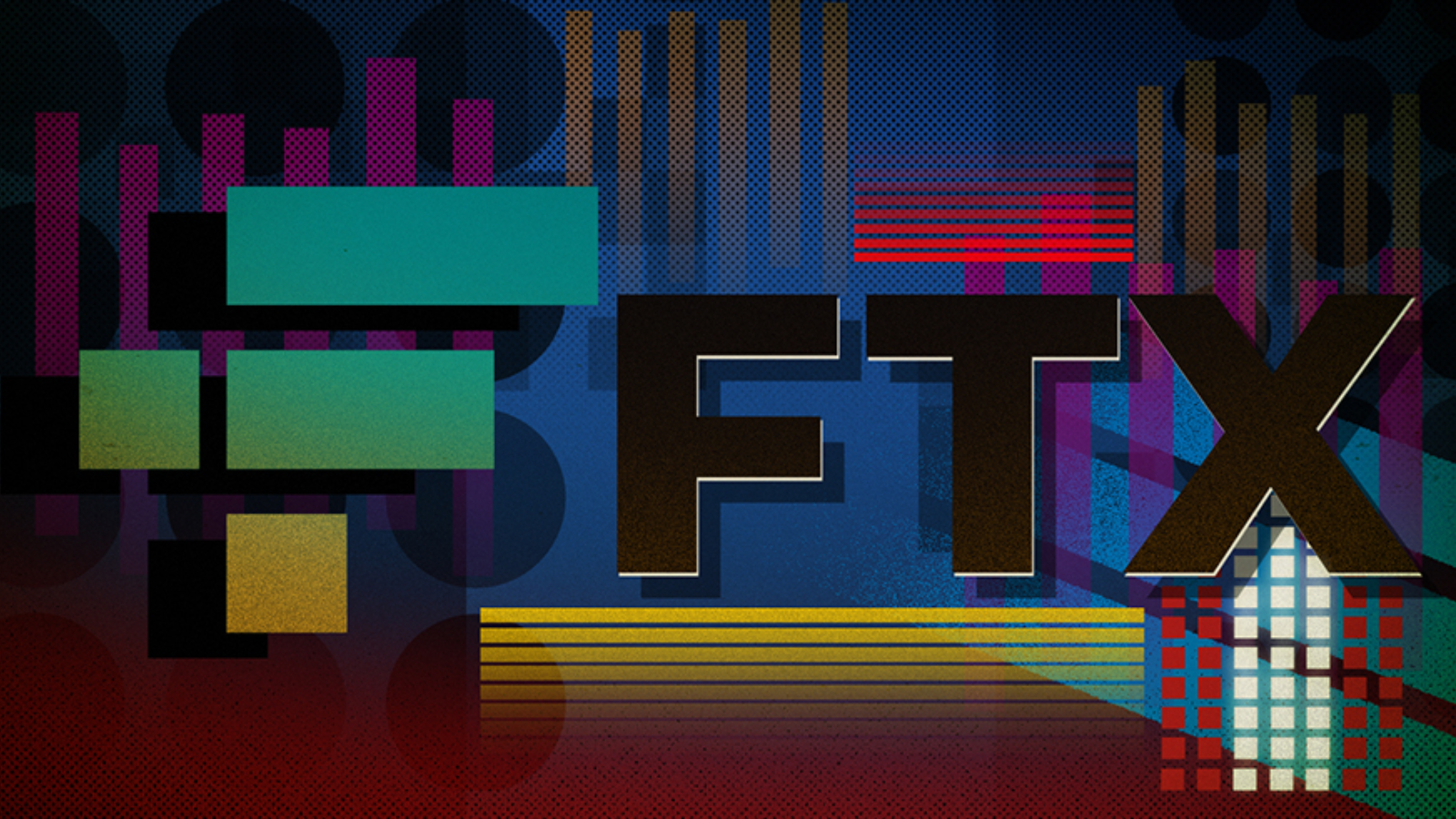FTX Flags More Privacy Tools After Tornado Cash Sanctions
The exchange reportedly described using privacy tool Aztec as a high-risk activity

Blockworks Exclusive Art by Axel Rangel
- FTX warned users against interacting with Aztec addresses, screenshots on Twitter showed
- The move comes after mixing service Tornado Cash was sanctioned over money laundering allegations
FTX appears to be blocking users from sending funds that interacted with privacy-focused Aztec protocol.
The crypto exchange warned users against using “high-risk” services Aztec Connect, Aztec Network and zk.money, according to screenshots and tweets posted by multiple FTX users.
One user said access to his FTX account was frozen for transactions made to and from the service. Another suggested interacting with customer service privately to avoid related issues. The crypto exchange also appeared to ask some users the origin of their funds and the purpose of the transaction via email, one screenshot showed.
Aztec’s zk.money protocol, launched in March 2021, can be used to send and receive funds privately for direct Ethereum transactions. It uses a shield model similar to a virtual private network, allowing users to privately connect to Ethereum’s decentralized finance (DeFi) ecosystem, including Uniswap and Aave.
The move, first spotted by Chinese journalist Colin Wu, highlights FTX’s concerns about its exposure to risky addresses.
The crypto community reacted negatively to FTX’s restriction, with some pointing out that a desire for privacy shouldn’t be criminalized. Others noted a chunk of wallets could get blocked for simply having indirectly interacted with private layer-2s such as Aztec.
Neither FTX nor Aztec immediately confirmed the restricted access when contacted by Blockworks.
FTX’s compliance concerns come after the US Treasury sanctioned mixing service Tornado Cash, along with other 45 related Ethereum wallet addresses, for alleged virtual currency laundering for criminals.
Mixers have come under increasing scrutiny after an uptick in illicit money moving through such services in 2022. They are designed to conceal the identity of holders and the origins of currency by pooling together multiple transactions.
Other platforms following the same approach as Tornado Cash are likely to receive the same scrutiny, leading to additional measures for increased transparency, according to Tammy Da Costa, analyst at DailyFX.
“For virtual currency, the sanctions against these services have highlighted the shift in regulations that aim to monitor transactions made through a blockchain,” Da Costa told Blockworks in an email.
Zac Williamson, CEO of Aztec, criticized sanctions against Tornado Cash on Twitter, saying “there is a short window where heavy-handed regulation could strangle the innovation required to get us there.”
Get the news in your inbox. Explore Blockworks newsletters:
- The Breakdown: Decoding crypto and the markets. Daily.
- 0xResearch: Alpha in your inbox. Think like an analyst.






